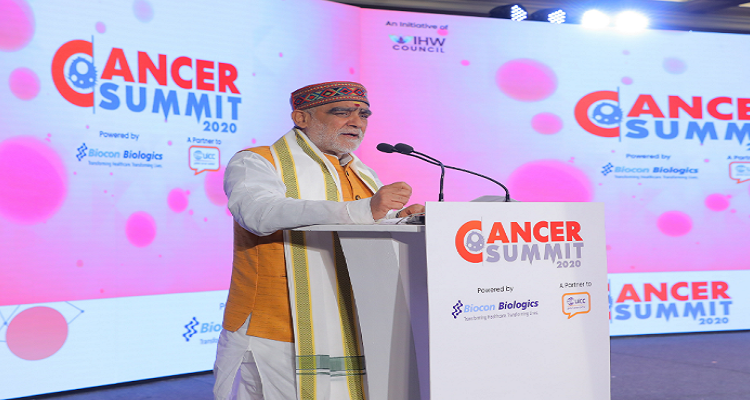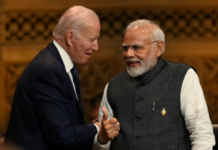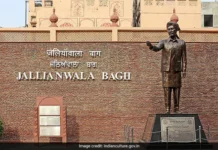 NEW DELHI: Asserting that the Modi government is taking cancer care on a “mission mode”, Union minister Ashwini Kumar Choubey on Tuesday said there is a need to establish tissue banks to make its treatment accessible to more people.
NEW DELHI: Asserting that the Modi government is taking cancer care on a “mission mode”, Union minister Ashwini Kumar Choubey on Tuesday said there is a need to establish tissue banks to make its treatment accessible to more people.
He was speaking at a high-level international summit hosted here by a think-tank to mark the World Cancer Day.
The Modi government has taken up the “mission of curbing the dreaded disease from the roots on priority,” the minister said.
He added that the Centre has introduced many schemes and policies for cancer patients as it has been observed that “50 per cent of deaths happen due to lack of treatment”.
“We also need to establish cancer tissue banks to make treatment accessible to more people,” Choubey, the Minister of State for Health and Family Welfare, was quoted as saying in a statement issued by the organisers.
The event was hosted by the Integrated Health & Wellbeing (IHW) Council.
Choubey said people should not be scared of the disease but rather come out in the open as there are many policies in place to take care of their every need.
Government-funded schemes for cancer patients include the Rashtriya Arogya Nidhi under the Union Health Ministry. This scheme grants an one-time financial assistance to patients who are below the poverty line for treatment at super specialty hospitals or institutes or other government hospitals.
Hailing the government’s move to set up Jan Aushadhi stores and regulate drug prices through the National Pharmaceutical Pricing Authority (NPPA), P D Vaghela, Secretary, Department of Pharmaceuticals, Ministry of Chemicals & Fertilisers, said it has made cancer drugs “affordable to a large section of the affected people” and may play an important role in addressing the cancer treatment needs of the middle-class.
Dispelling the idea that NPPA is a price-control mechanism, Vaghela said, “We do not want to control the price but we need to regulate profiteering.”
The five most frequent cancers in men and women in India are that of breast, cervix, oral cavity, lung and colorectal; together, they cause the maximum number of deaths after cardiovascular diseases and are largely preventable. PTI






